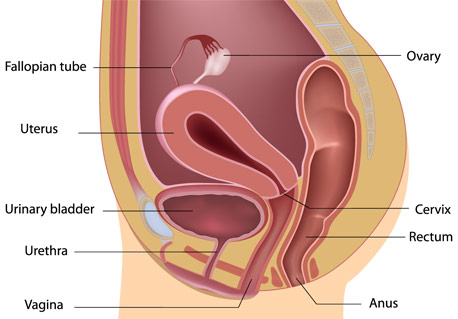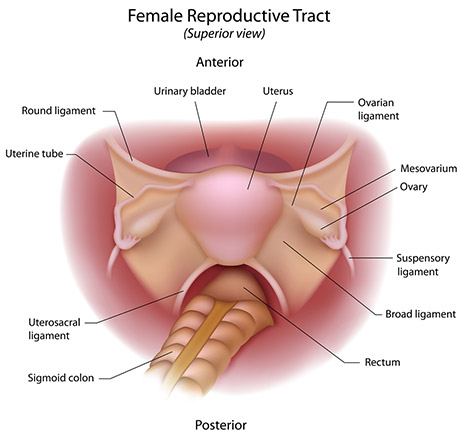Conditions & Treatments
See All Conditions & Treatments Centers & Departments
See All Centers & Departments Acute Care Surgery, Trauma and Surgical Critical Care AIDS Malignancy Program Allergy & Inflammation Anesthesia, Critical Care and Pain Medicine Aortic Center Arthritis Center Berenson-Allen Center BILH Pharmacy Bladder Cancer Blood Cancer Program Bone and Soft Tissue Sarcomas Program Boston Lymphatic Center Brain Aneurysm Institute Brain Tumor Center Breast Imaging BreastCare Center Cancer Center Cancer Genetics Cardiac Surgery CardioVascular Institute Cardiovascular Medicine Case Management Celiac Center Center for Advanced Endoscopy Center for Nutritional Health Center for Violence Prevention & Recovery Cheng Tsui Ethics Program Chest Disease Center Cognitive Neurology Colon and Rectal Cancer Program Colon and Rectal Surgery Concussion and Traumatic Brain Injury Clinic COPD Clinic Cosmetic & Laser Center Dermatology Dialysis Access Center Digestive Disease Center Dystonia Program Ear, Nose and Throat (ENT) Emergency Medicine Endocrine Surgery Endocrinology, Diabetes and Metabolism Endometriosis and Complex Pelvic Pain Center Epilepsy Program Facilities Foot & Ankle Gastroenterology Gastrointestinal Cancer Program Gender-Affirming Services General Medicine General Surgery Genitourinary Cancer Program Gerontology (Senior Health) Gynecologic Oncology Program Gynecology Hand and Upper Extremity Surgery Head and Neck Cancer Program Headache Center Health Technology and Exploration Center Healthcare Associates (HCA) Hematology & Hematologic Malignancies Hospital Medicine Program Huntington’s Disease Program IBD Center Immuno-Oncology Program Immunotherapy Institute Infectious Diseases Infusion Services Innovation in Cancer Program Inpatient Rehabilitation Services Interpreter Services Interventional Radiology Intimate Health and Wellness Kidney Tumor Program Limb Preservation Center Liver Center Liver Tumor Program Lung Cancer Program Medical Oncology Medicine Melanoma/Skin Cancer Program Minimally Invasive Gynecologic Surgery Multiple Sclerosis Clinic Neonatology Nephrology (Kidney) Neurology Neuromuscular Disorders Neuropsychology Assessment Neurosurgery Nursing Nutrition Services Obstetrics & Gynecology Ophthalmology (Eyes) Oral and Maxillofacial Surgery Orthopedic Trauma Surgery Orthopedics Otolaryngology/Head and Neck Surgery Pain Center Palliative Care Pancreatic Cancer Program Parkinson's Disease and Movement Disorders Center Pathology Pelvic Floor Health Plastic and Reconstructive Surgery Podiatry Pregnancy Primary Care Prostate Cancer Program Psychiatry Pulmonary, Critical Care and Sleep Medicine Radiation Oncology Radiology Rehabilitation Services Rheumatology & Clinical Immunology Sleep Disorders Center Social Work Spine Center Spiritual Care & Education Sports Medicine Stroke and Cerebrovascular Diseases Surgery Surgical Oncology Testicular Cancer Program Transplant Institute Urogynecology Urologic Surgery Vascular Surgery Voice, Speech & Swallowing Therapy Weight Loss Program
Patient & Visitor Information
See All Patient & Visitor Information 

